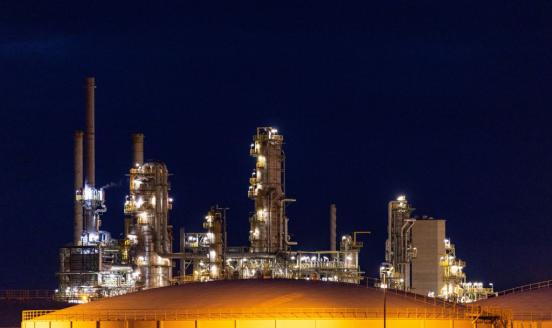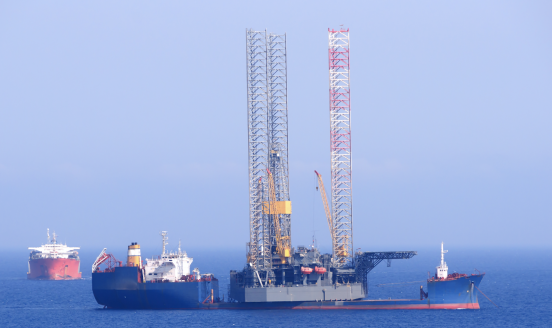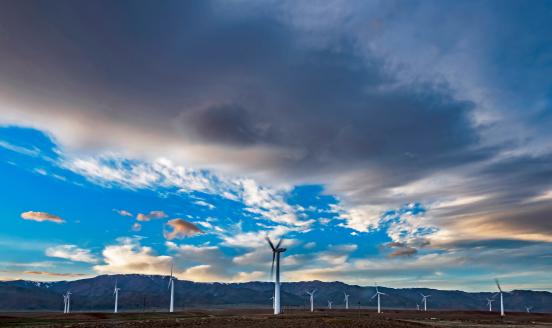Estimating the cost of capital for wind energy investments in Turkey
Wind power represents a key component of Turkey’s national energy strategy. Based on data collected on 138 installations in the country, this paper pr

The research was carried out with the kind support of Stiftung Mercator.
Wind power represents a key component of Turkey’s energy strategy. Increased investment will be required to meet Turkey’s wind power target and, as such, there is a need to understand the viability of wind power projects there. The cost of capital is a crucial element in wind power investment decisions owing to the high capital intensity of wind power plants. A reduction in the cost of capital through support policies can lower overall project costs and increase investment.
We estimate the cost of capital for wind power projects in Turkey using data on 138 installations that participated in the Turkish feed-in tariff scheme in 2017. Our estimates indicate an upper bound of 12% for the cost of capital. This suggests the cost of capital for wind power projects in Turkey is not higher than in south-eastern European Union countries. However, because of adverse macroeconomic conditions, the cost of Turkey’s main renewable support scheme increased by 46% between 2016 and 2017 in Turkish lira terms. We argue that continued commitment to the current support schemes by the Turkish authorities is crucial for the development of the Turkish wind power sector.



